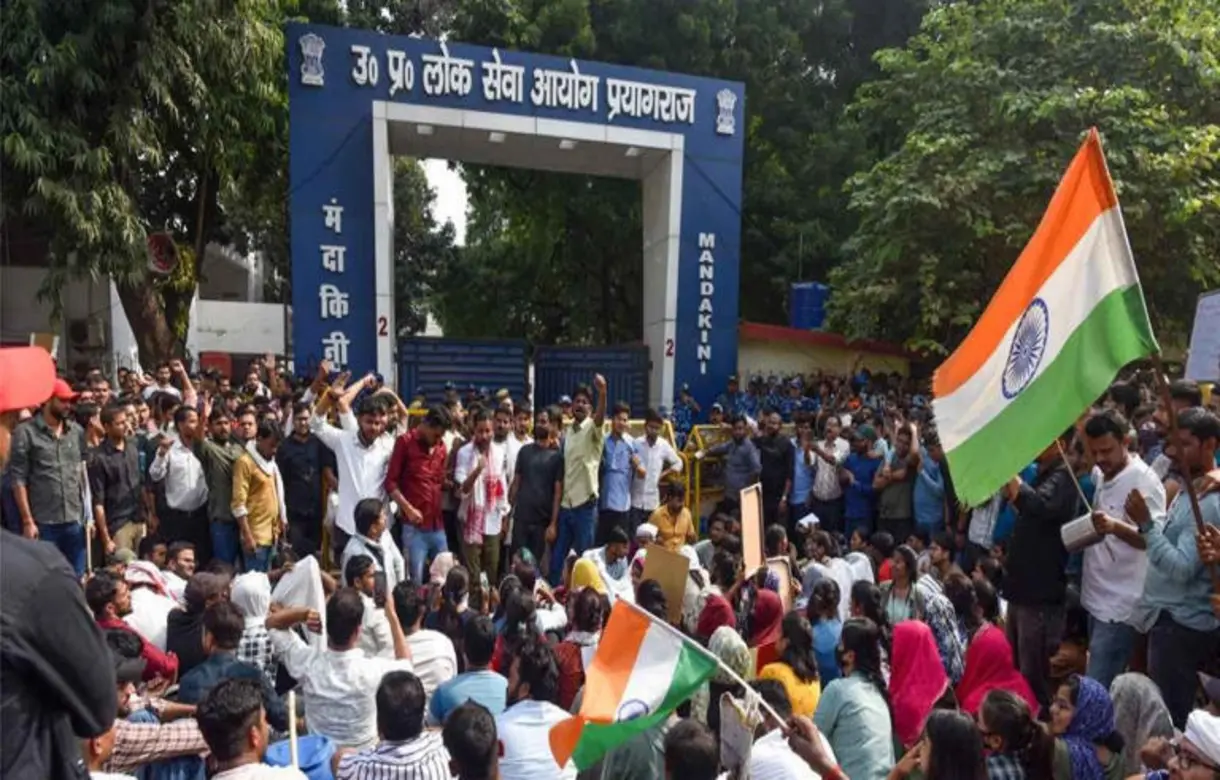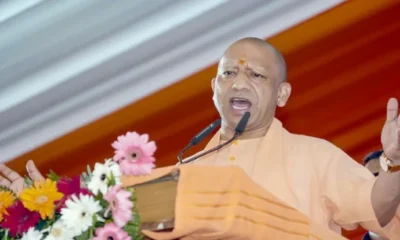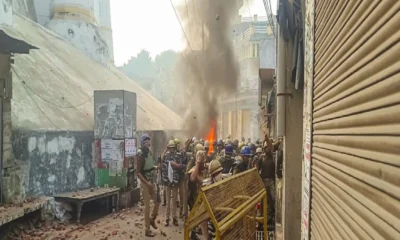India News
Uttar Pradesh government rolls back decision on key job exams, agrees to protesting UPPSC aspirants demands
The Chief Minister, who directed the commission to maintain dialogue with the students and take a decision.

India News
DMK leader’s son arrested after car rams family in Krishnagiri, one dead
A 20-year-old son of a DMK leader has been arrested for allegedly driving a car into four members of a family in Krishnagiri, killing assistant labour inspector Sivamoorthy.
India News
Security tightened across Delhi metro stations after bomb threat emails
Delhi is on high alert after bomb threat emails targeted metro stations, the Red Fort and the Assembly. Authorities confirmed the threats were hoaxes but tightened security as a precaution.
India News
JNU protest turns violent as Left and Right student groups trade charges
A late-night protest at JNU turned violent as Left and ABVP student groups accused each other of stone-throwing and attacks near the East Gate.
























